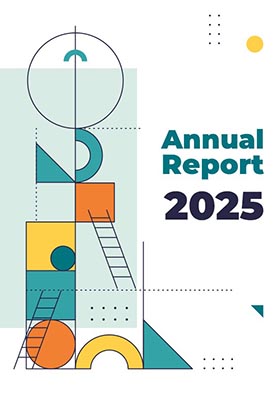JERUSALEM | In a workshop held recently at Al-Quds University (AQU) to discuss the results of a study on the genetic and environmental risk factors of colorectal cancer in the Palestinian context, a joint research team from AQU and the Palestinian Ministry of Health explored the potentials for developing a mechanism that would contribute to the treatment and/or prevention of the fatal infection.
The workshop was inaugurated by the President of Al-Quds University Professor Imad Abu Kishek, in the presence of the Deputy Minister of Health Dr. Asad Ramlawi and Professor Hans Vasen, of the University of Leiden and the Medical Director of the Dutch Hereditary Cancer Registry.
Professor Abu Kiskek expressed the university’s commitment to the advancement of global scientific research by building new partnerships and expanding collaboration ties with international research bodies. He reiterated the university’s role in supporting scientific research and collaborating with both the domestic public and private sectors and the civil society to find solutions to the problems facing the Palestinian society and to meet the needs of the labor market.
The workshop, funded by the Al-Quds Academy for Scientific Research, is part of a research project participatory designed by Dr. Rania Abu Sir, from the Department of Medical Lab Sciences at AQU, to study colorectal cancer and its risk factors. Dr. Abu Sir began working on this project several months ago as member in a joint team from AQU, the Palestinian Ministry of Health, and the Dutch Hereditary Cancer Registry.
Expressing his appreciation for AQU’s research advances, mainly in the medical and paramedical fields, Dr. Asad Ramlawi specifically praised the university’s health initiatives that seek to develop an effective mechanism to counteract the various health problems and diseases prevalent in the Palestinian society.
Unveiling some of the preliminary results of the study, Dr. Abu Sir noted that their research project “aims basically to determine the contributions of genetic diseases, such as Lynch syndrome, often called hereditary nonpolyposis colorectal cancer (HNPCC), and familial adenomatous polyposis (FAP), to colorectal infection”.
In his lecture, "Prevention of Colorectal Cancer", Professor Hans Vasen discussed the genetics and genetic mutations in families exposed to colorectal cancer, pointing out that the research project aimed to evaluate the genetic and environmental risk factors of colorectal cancer”. He stressed the importance of genetic diagnosis to determine the appropriate treatment mechanism necessary for reducing the spread of the disease and its development into a cancerous infection.
The workshop featured a series of lectures delivered by a number of specialists on colorectal cancer and related themes, including the impact of immunochemistry in the diagnosis of colon cancer and early screening and diagnosis of colorectal cancer.
As a scientific research university which attracts researchers from all over the globe and as a catalyst of research initiatives at the regional level, Al-Quds University is distinguished for its scientific researches that benefit the Palestinian society and the entire mankind in the various fields.



































